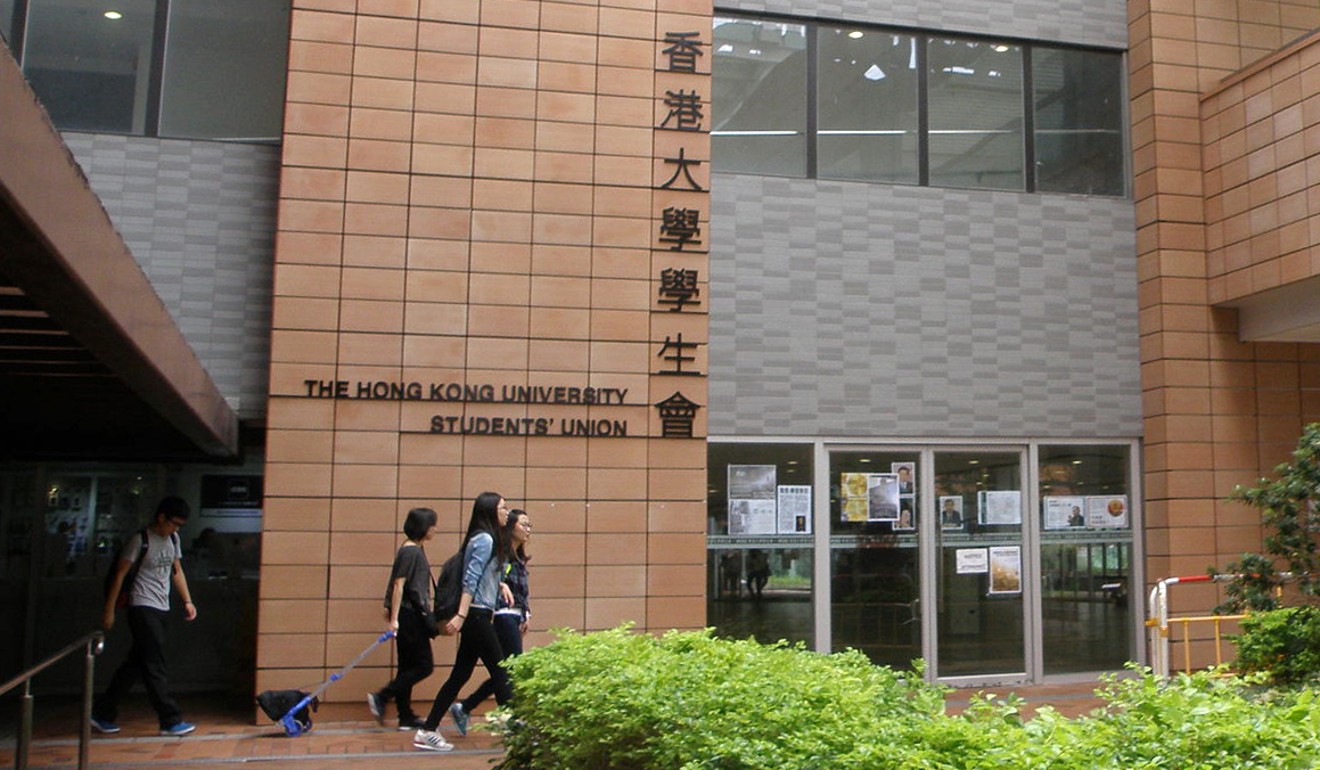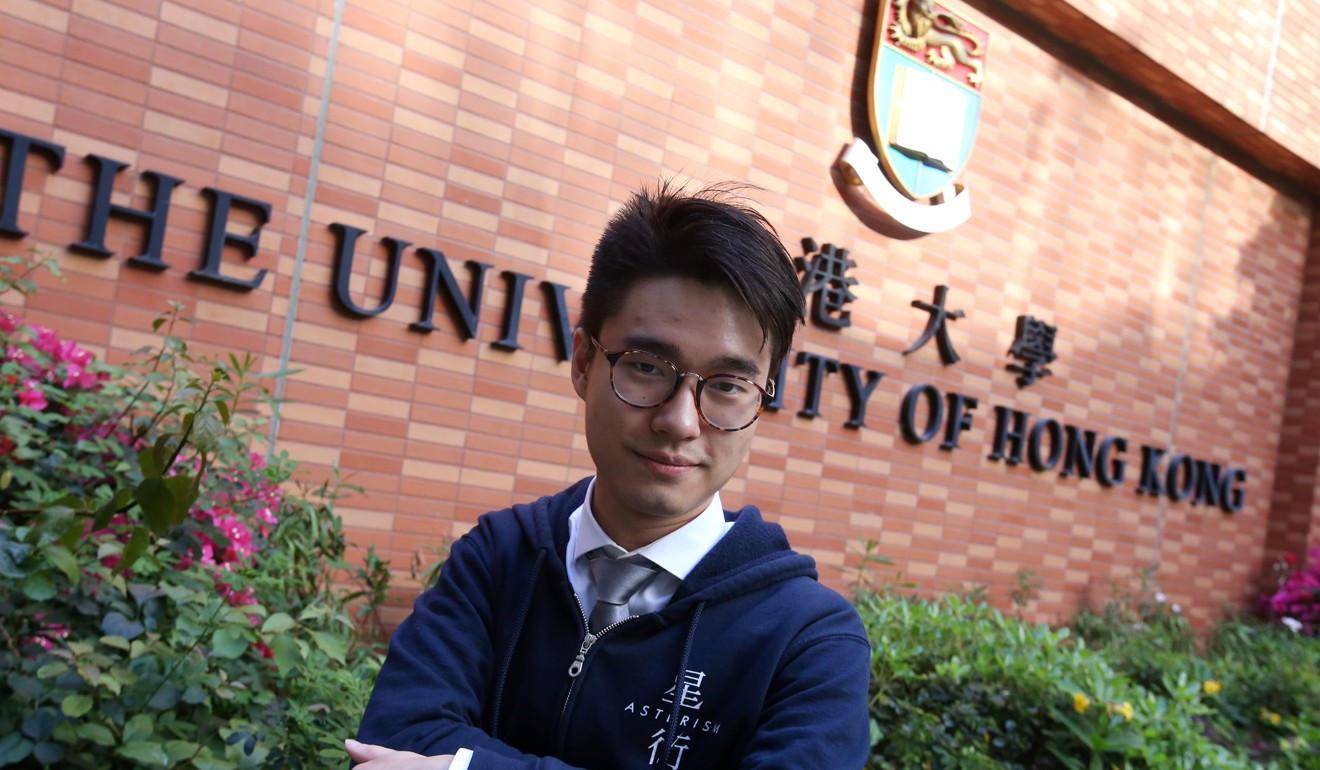
University of Hong Kong students vote massively against all candidates for union leadership posts ‘over conservative stances’
- The results mean the union could end up with management not installed by the popular vote
- Observers say voters have always expected the body to take a proactive stance on societal and campus affairs
Students in Hong Kong’s oldest university have voted overwhelming against all four contenders running for union leadership posts, based on what was perceived as dissatisfaction with the candidates’ politically conservative stances.
The move meant the University of Hong Kong’s student union could end up with management not installed by the popular vote.
A total of 5,572 HKU students took part in polls for executive committee spots in the union this week, accounting for nearly 33 per cent of the body’s membership. The union comprises mainly undergraduates.

The turnout marked a four-year high, with only 16.8 per cent to 23.3 per cent casting ballots in previous polls.
In results released on Saturday, candidate Cheng Chun-hei received 4,785 votes against his bid for student union president.
The three other failed candidates, who were running for internal vice-chairperson, general secretary and university affairs secretary, received between 4,336 and 4,746 votes against them.
Cheng could not be reached for comment at press time.
No candidates for HKU student union leadership as fear of political repercussions cited
Fergus Leung Fong-wai, former external affairs secretary of the union, said he believed the colossal defeat of the four was because of their relatively conservative stances on politics.
“The HKU student union tends to be more progressive in its approach to societal issues,” the fourth-year student said.
Three of the candidates, who ran as a team, said they did not object much or hold a strong opinion on controversial issues such as the banning of the separatist Hong Kong National Party and the disqualification of several lawmakers over their oaths of office.

The last candidate, Eugene Mak Ka-chun, who ran for the general secretary post, expressed his support for the controversial national anthem bill unveiled by the government last month, which seeks to criminalise any public abuse of the song.
“The candidates gave off the feeling that they will just accept the government’s decision and not challenge it,” Leung said.
The candidates gave off the feeling that they will just accept the government’s decision and not challenge it
He also questioned candidates’ familiarity with school matters, adding that they seemed unclear about issues such as those surrounding the university’s governing council.
The HKU student union is known for its active participation in school and societal matters. It recently joined a protest against the banning of the Hong Kong National Party and will organise a gathering next week to raise awareness of the Mong Kok riot of 2016.
Current union president Davin Wong said he believed the votes were a result of the words and actions of candidates.
Wong, whose term will end on February 10, said the union council will decide later this month whether to extend his tenure until a by-election in April.
He said the four unsuccessful candidates could participate in the next polls again, but if voters turned in similar results, the union would be left without a popularly elected leadership until next year.
Seven students launch last-minute effort to win HKU union by-election
In such a situation, the council would appoint members to take up vacant positions, but this would not be a big team, and appointees would usually be less vocal and proactive in campus movements.
The previous cases of such scenarios for HKU since the turn of the millennium were in 2002 and 2010. In 2002, students also overwhelmingly objected to the conservative stances of candidates, with a voter turnout of about 40 per cent.

